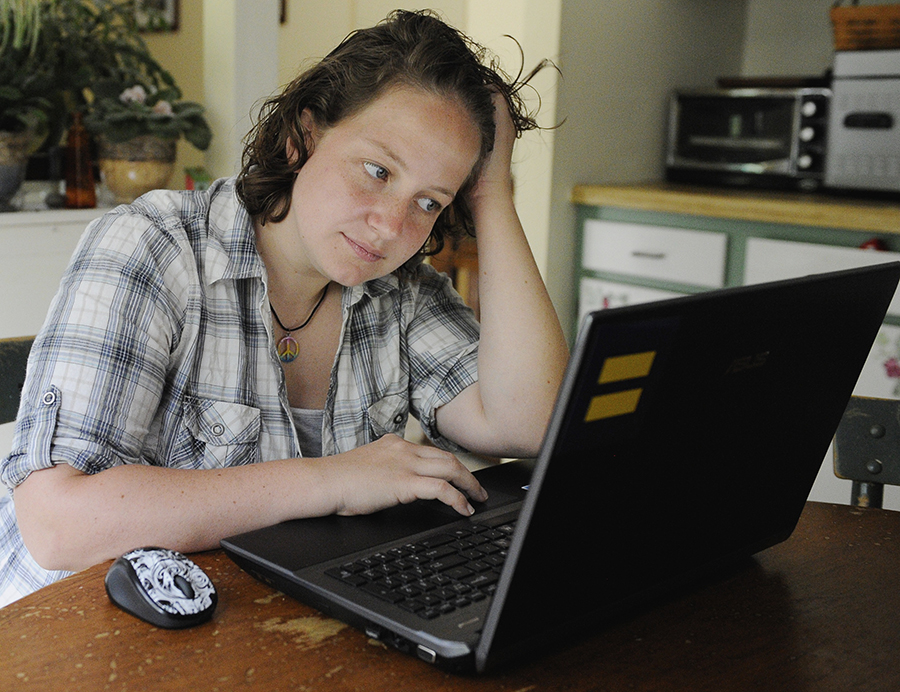Instead of making whoopee during Stella, snowed-in New Yorkers went online and got computer infections
A sad day for modern society

In the old days, massive snowstorms or power blackouts often resulted in increased birth rates nine months later.
Examples are many. The Orlando Sentinel and other news outlets reported that the 2004 hurricane season generated a Florida baby boom in 2005. After the New York City blackout of 1965, The New York Times reported that local hospitals experienced record-high births nine months later — in some cases more than doubling the number of births on that day in the previous year.
In a sad commentary on contemporary life, this baby-making trend may be endangered.

Brooklyn Boro
View MoreNew York City’s most populous borough, Brooklyn, is home to nearly 2.6 million residents. If Brooklyn were an independent city it would be the fourth largest city in the United States. While Brooklyn has become the epitome of ‘cool and hip’ in recent years, for those that were born here, raised families here and improved communities over the years, Brooklyn has never been ‘uncool’.